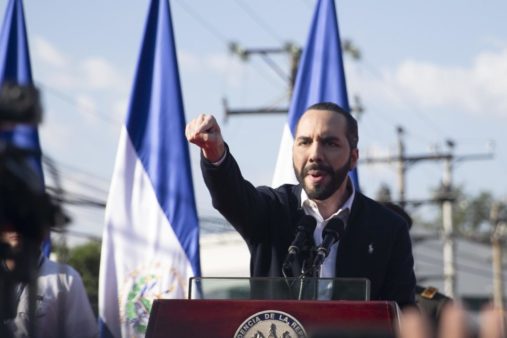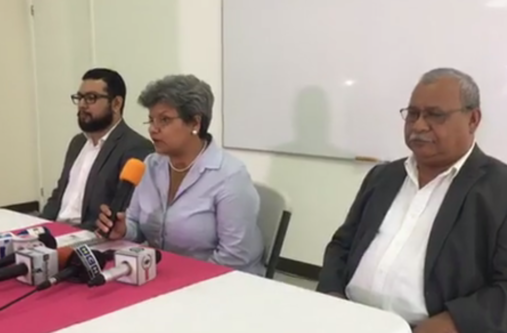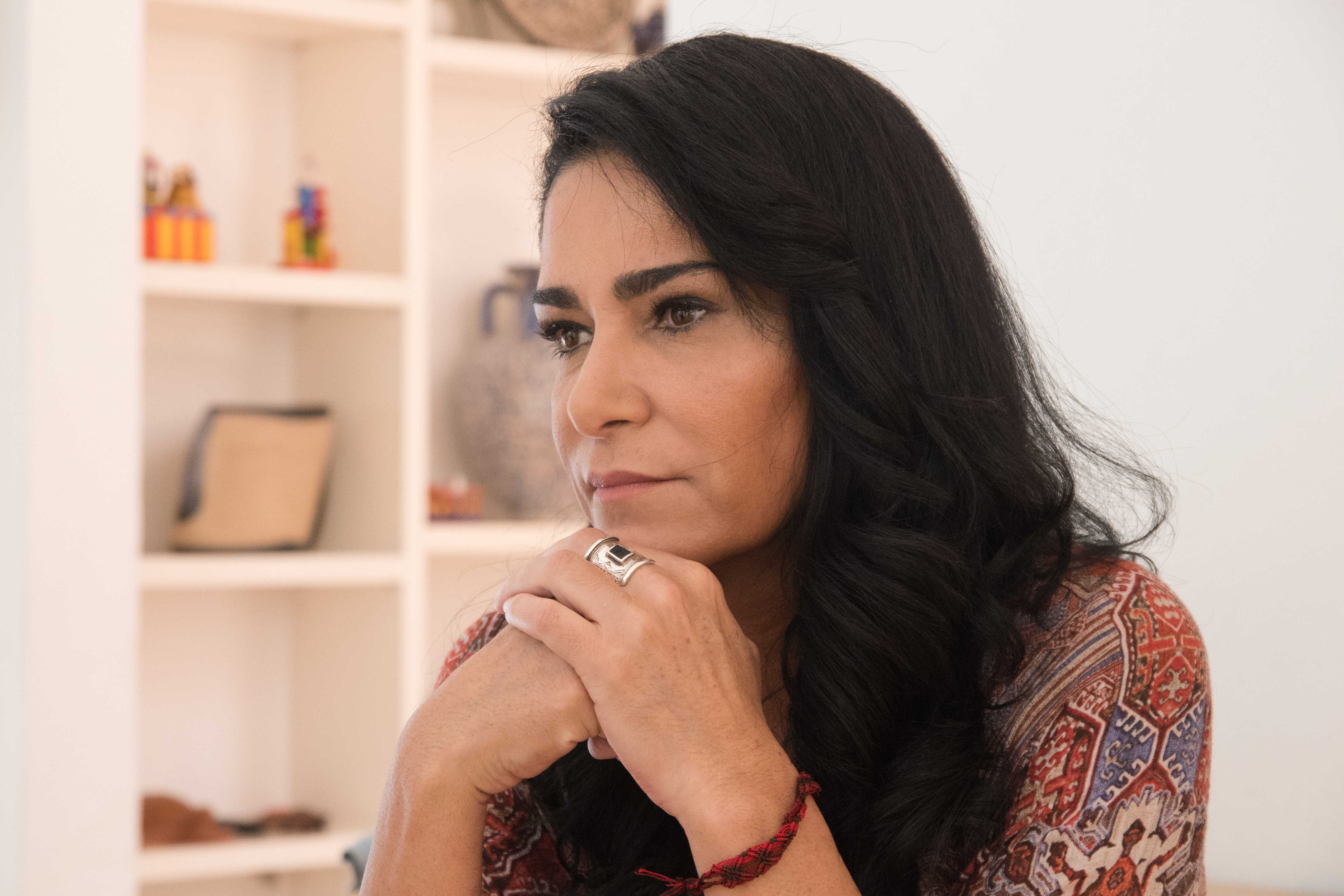The vehicle of Adriana Aguirre San Millán was set ablaze outside the radio chain's offices in in Los Mochis, Sinaloa, and a message left beside it warned that the same will happen to all other journalists, La Jornada and El Universal report. Aguirre owns the radio chain Organización Impulsora de Radio (OIR).
A military policeman (Carabinero) will stand trial for the assault in May 2008 of Victor Salas, a correspondent for Spain's EFE news agency, The Santiago Times reports. Salas was covering a protest outside Chile's parliament in Valparaiso when he was struck in the head by a mounted police officer. He later lost his vision in one eye.

Since President Nayib Bukele took office on June 1, 2019, Salvadoran journalists in the country say public institutions and officials are increasingly less accessible as sources

Juan Sánchez Moreno, who was commander of the Attorney General's Office of the state of Puebla, was convicted on Jan. 15 for the crime of torture against Mexican journalist Lydia Cacho, which occurred in 2005

Attacks against media outlets and journalists in Brazil increased by 54 percent in 2019, compared to the previous year, according to general data from the report of the National Federation of Journalists (FENAJ)

According to Fenaj's president, Maria José Braga, this is the first time the entity has carried out this kind of monitoring with a president. She stated that today there is an institutionalization of attacks on the press

Journalist Sandra Maribel Sánchez, a journalist from Radio Progreso in Tegucigalpa, Honduras who has previously received death threats, said a man put a gun to her head as she arrived home in her car on Sept. 26

A report by Reporters Without Borders (RSF, for its initials in French) on obstacles to the distribution of print journalism in 90 countries highlighted Mexico as one of the “champions in obstructing the dissemination of newspapers and magazines.”
Luckson Saint-Vil, a journalist for the site Loop Haiti, was on his way home in southern Haiti when his vehicle was shot multiple times. He survived.
A newspaper in the northern state of Chihuahua in Mexico has temporarily stopped its print edition after an attack on its facilities.

“Tijuana,” a recent television series from Netflix and Univision, plunges into that reality to show an international audience what it means to practice independent journalism in Mexico.

For the first time, a journalist who was arbitrarily detained and tortured at the end of 2005 after revealing an alleged corruption network at the governmental level received a public apology from the Mexican government for what happened.